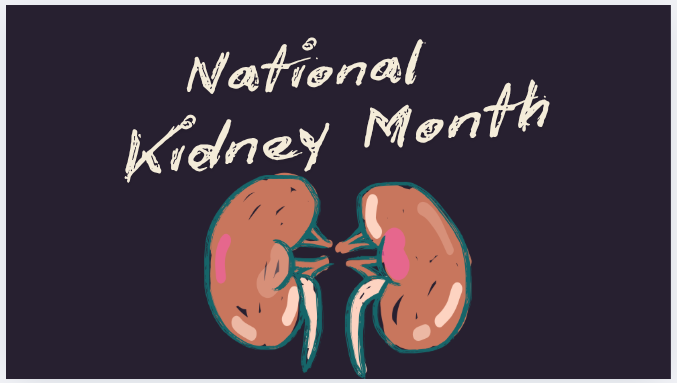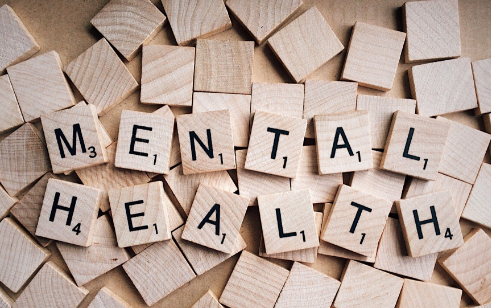National Depression Awareness Month
By: Braelyn Hamling
Did you know that October is national depression awareness month? As a quick statistic, about three in a hundred people are depressed. If you do the math that makes about 240 million people struggling with depression every day. Mental health is a very hard concept to talk about because it’s so unique and is different for every person. Today, I’m here to tell you what depression is, its causes, and treatments or coping mechanisms.
When most people hear the word depression they think of people who are just sad, But there is so much more to it than that. depression is a mood disorder that affects day-to-day living. According to the Mayo Clinic, “It affects how you feel, think, and behave and can lead to a variety of emotional and physical problems.” When I say It affects your day-to-day life I mean most people with depression have a lack of interest in things they used to do such as hobbies or sports. Many experience sleeping problems whether that be insomnia or sleeping too much. Depression causes severe mood swings, especially with sudden bursts of anger or sadness. Oftentimes people with depression feel extreme fatigue, experience headaches or sudden stomach aches, feelings of hopelessness, guilt and worthlessness, and reoccurring thoughts of death or suicide are common. Maintaining a healthy weight can also be difficult for people struggling with depression.
Mayo Clinic says, “It’s not known exactly what causes depression. As with many mental disorders, a variety of factors may be involved, such as:
- Biological differences. People with depression appear to have physical changes in their brains. The significance of these changes is still uncertain, but may eventually help pinpoint causes.
- Brain chemistry. Neurotransmitters are naturally occurring brain chemicals that likely play a role in depression. Recent research indicates that changes in the function and effect of these neurotransmitters and how they interact with neural circuits involved in maintaining mood stability may play a significant role in depression and its treatment.
- Hormones. Changes in the body’s balance of hormones may be involved in causing or triggering depression. Hormone changes can result with pregnancy and during the weeks or months after delivery (postpartum) and from thyroid problems, menopause, or several other conditions.
- Inherited traits. Depression is more common in people whose blood relatives also have this condition. Researchers are trying to find genes that may be involved in causing depression.”
- Treatments are slightly different for everybody, but some common treatments are medications and therapy. Therapy can be in person or online, via teletherapy. Fortunately, depression is treatable and can be maintained. You just need to keep an open mind and take the first step. According to the American Psychological Association, “ Psychotherapy can help people with depression to pinpoint life events that contribute to their depression and help them find ways to change, accept or adapt to those situations, set realistic goals for the future, identify distorted thought processes or unhelpful behaviors that contribute to feelings of hopelessness and helplessness, develop skills to cope with symptoms and problems, and identify or prevent future episodes of depression.” Sometimes just talking to a friend or family member can also help. I hope you learned something from this article. If you have any depressive symptoms, talk to your primary care doctor and find a plan that’s right for you.
















